https://365datascience.com/data-science-healthcare/ -
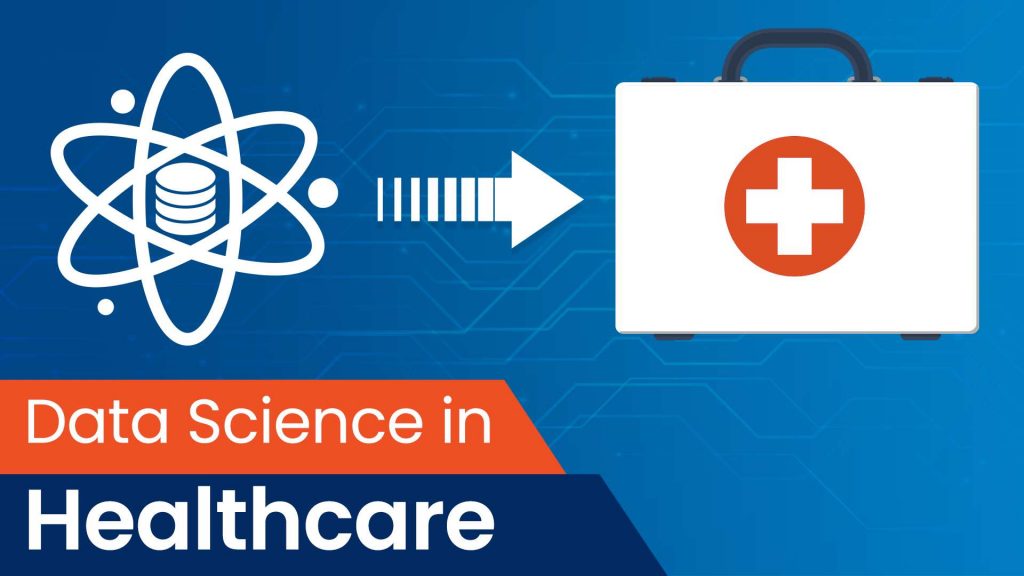
Data science in healthcare is no longer just a glimpse of the future.
Advancement in the Internet of Medical things and AI technologies are on the verge of bringing a true digital transformation in clinical research and services. Connected medical devices aim to change the way patient data is aggregated, stored and utilized. Moreover, AI establishes itself as the key to hospital workflow optimization, cost control, and disease prevention.
That said, right now is the best time to start a career in data science, as the healthcare industry’s demand for data scientists is rapidly increasing, along with the growing importance of big data in medical care.
But how does data science revolutionize healthcare?
Here are 5 use cases that have a significant impact on the industry.
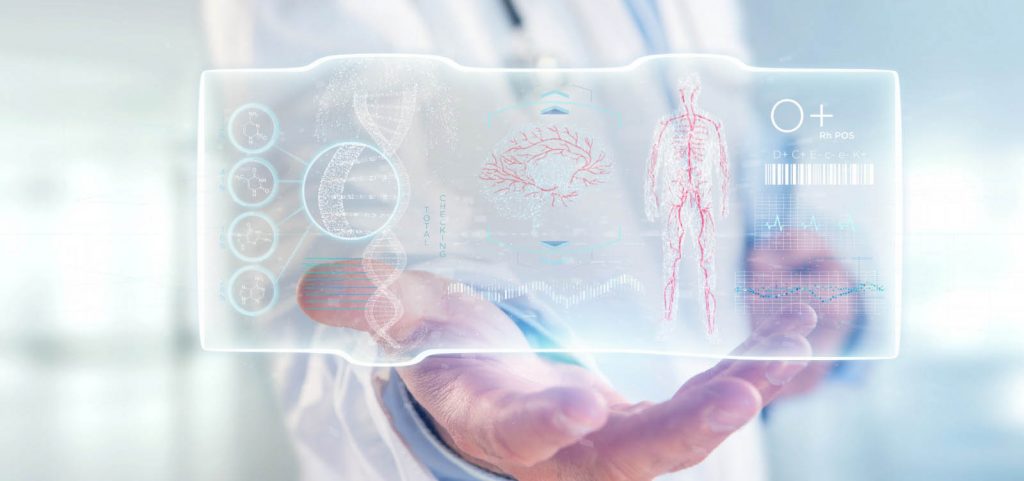
Precision Medicine
Today, data science has the potential to completely transform the way diseases are diagnosed and treated. How? Through continued collection and analysis of patient data. The latter includes genetic data, as well as information about contracted diseases, healing treatments, and outcomes.
This systematic approach can help determine the best medicines and therapies.
And this will decrease the chances of harming the patients or using inadequate treatments.
Moreover, patient data regarding their lifestyle and environmental exposure can further identify what triggers certain diseases and conditions. In addition, there are now high-performance genome analytics platforms and tools that establish data science in healthcare as truly revolutionary.
An example of using data science to help physicians make informed patient-care decisions is Imec’s GAP.
The Genomics Application Platform “paves the way to genome sequencing in hospitals for diagnosing and treating genetic diseases and for improved diagnosis and treatment of newborns with complex disorders.” That is certainly a prerequisite for major improvements in disease prevention. Plus, it’s an indicator of the growing importance of data science in healthcare.
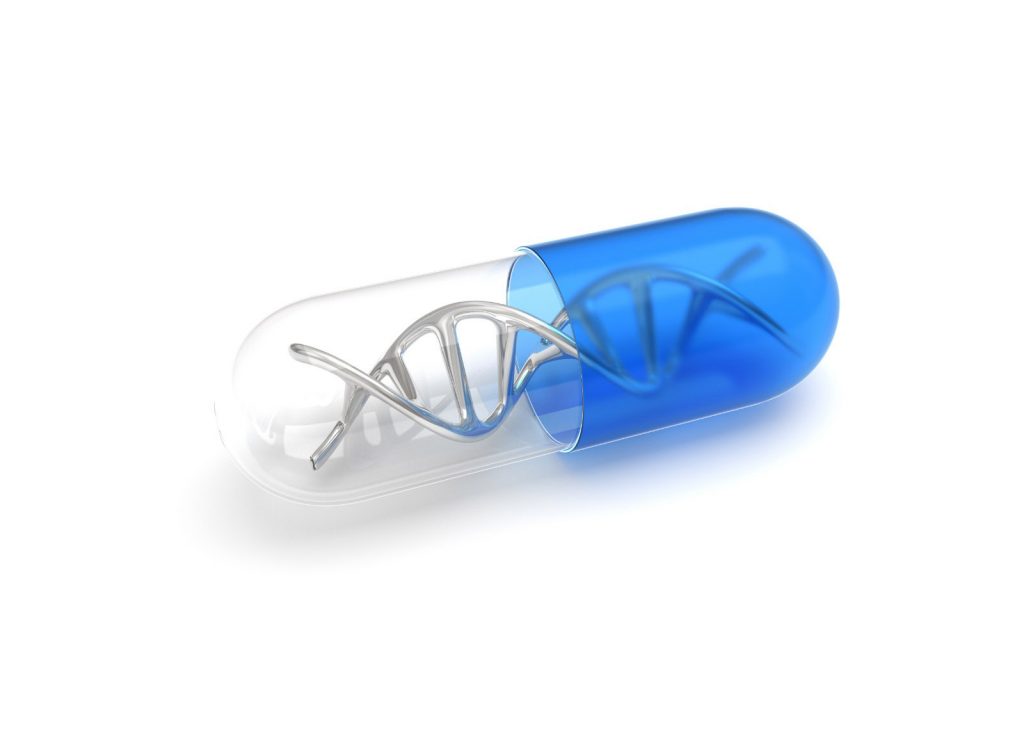
Workflow and Clinic Performance Optimization
Remember the 90s TV show ER? In numerous episodes, tensions between physicians and staff would run dangerously high due to a lack of workflow orchestration.
Indeed, the conditions in healthcare facilities are dynamic and often unpredictable.
Moreover, there’s a great number of factors that challenge productivity. For instance, patients’ needs, coordination between various hospital departments, staff members, and allocation of resources.
Fortunately, data science can now assist healthcare providers in staying on top of all processes through cloud-based tools and applications.
Aplacare’s AI platform, for instance, uses AI cognitive techniques to create a “smart health record” for each patient. Plus, it employs intelligent workflow automation to enable Value-Based Care (VBC) and find the best solutions in real-time when progress is impeded. Thus, data science in healthcare boosts effective decision-making which increases the quality of care and reduces costs.
Prevention and Control of Healthcare-Associated Infection (HAI)
Data science also plays a critical role in handling one of the most serious public health problems on a global scale. Namely, healthcare-associated infection (HAI).
According to the European Centre for Disease Prevention and Control, each year, 100,000 patients contract healthcare-associated infections in the EU alone. These infections are the direct cause of thousands of deaths every year.
What about the U.S.?
The Centers for Disease Control and Prevention reported that about 721,800 infections occurred in 2011, and about 75,000 patients have died of HAI-related complications during their hospital stay.
And even though the World Health Organization has a strict protocol that hospitals should follow to minimize the risk of HAI, many of the guidelines are impossible to follow without the use of technology.
Fortunately, data science offers an invaluable solution to the problem through surveillance and real-time reporting.
But how does it work?
The intelligent infection control tool MONI, for example, is linked to the medical documentation systems of a healthcare institution. It automatically imports electronic clinical and laboratory raw data and processes it into surveillance information. Thus, MONI helps identify, monitor, and report healthcare-associated infections with minimal staff interference.
In terms of impact, data science research based on such reports can truly make a difference in HAI prevention, saving $25–32 billion in the USA alone.
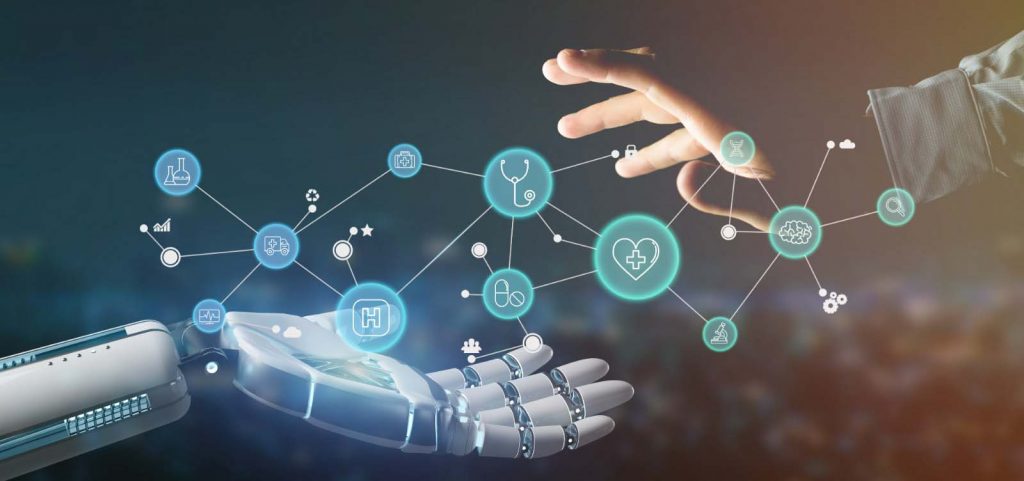
Patient Empowerment and Shared Decision Making
Involvement in healthcare decisions not only empowers patients but also leads to better health outcomes.
According to studies, people who actively participate in healthcare decisions are more likely to engage in healthy behavior, such as following a balanced diet and getting regular exercise.
What is more, they are more likely to avoid smoking, adhere to treatment, and opt for clinical research studies that help improve healthcare services.
Naturally, in order to support patient-centered care, people need to have access and control over their own health care data.
And that’s where data science comes into play.
Consider the health data aggregation and centralization platform 1upHealth for instance. Its revolutionary technology automatically updates all health information about the user, including new medicine and lab results, and stores it in one place. The platform also connects and stores data from wearable devices like Fitbit and Google Fit. Finally, you can record symptoms and manage your conditions by sharing data with healthcare providers.
Effectively, data science in healthcare enables both patients and providers to work together to improve clinical service and well-being.
Remote Healthcare Monitoring
Welcome to remote healthcare!
Thanks to data science, soon you won’t have to wait in front of the doctor’s office for a routine check-up. Wearable sensors and patient tablets can now track your recovery progress and connect you to your care team if you need help.
Furthermore, there are tools that make it possible for healthcare professionals to remotely monitor changes in patient status in an effective way.
Such AI innovations are increasingly used for monitoring heart conditions and diabetes, as they can alert both patients and healthcare professionals if there are indications for potentially dangerous conditions.
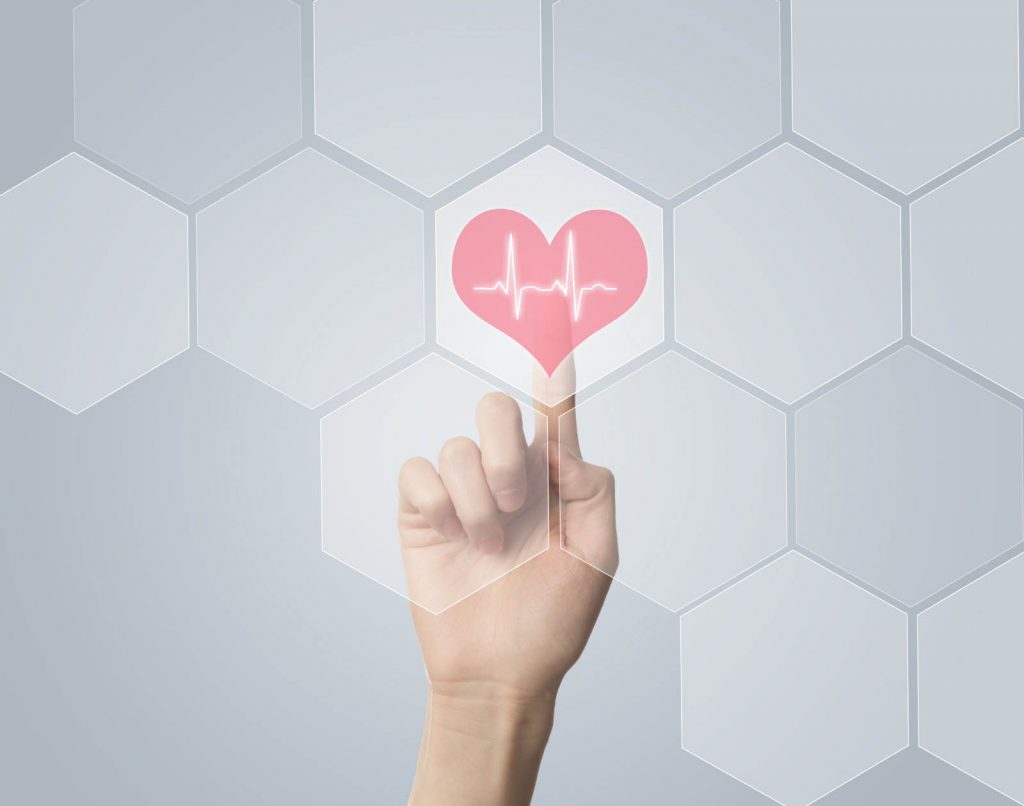
Data Science in Healthcare: In Conclusion
Data analytics and AI are already making the first steps toward significant improvements in the quality of healthcare services. Technology continues to develop and related costs gradually decrease. And data science is bound to become a solid component in healthcare development in the future.
However, technology itself is just part of the answer.
After all, healthcare is all about assisting professionals and empowering people to manage their well-being. So, to achieve meaningful innovations, data science experts should continue developing AI with a deep understanding of the personal and clinical context in which it will be applied.
Ready to take the next step towards a data science career?
Check out the complete Data Science Program today. Start with the fundamentals with our Statistics, Maths, and Excel courses. Build up a step-by-step experience with SQL, Python, R, Power BI, and Tableau. And upgrade your skillset with Machine Learning, Deep Learning, Credit Risk Modeling, Time Series Analysis, and Customer Analytics in Python. Still not sure you want to turn your interest in data science into a career? You can explore the curriculum or sign up 12 hours of beginner to advanced video content for free by clicking on the button below.
#Ai, #DataScience
#365datascience #DataScience #data #science #365datascience #BigData #tutorial #infographic #career #salary #education #howto #scientist #engineer #course #engineer #MachineLearning #machine #learning #certificate #udemy
No comments:
Post a Comment